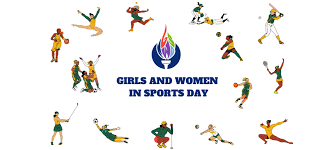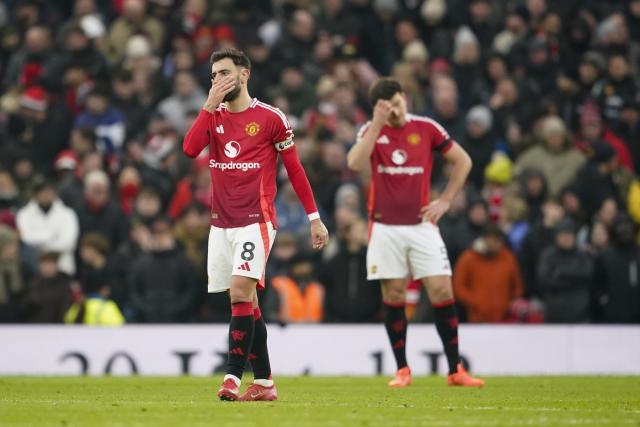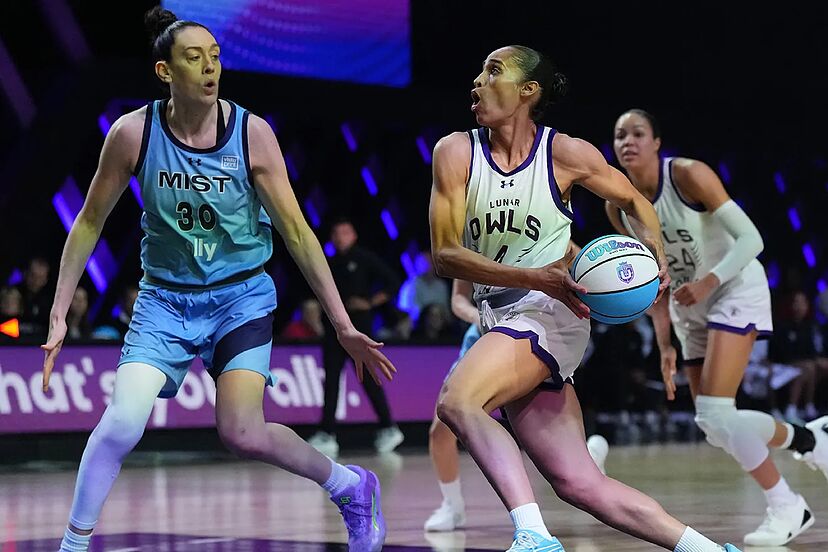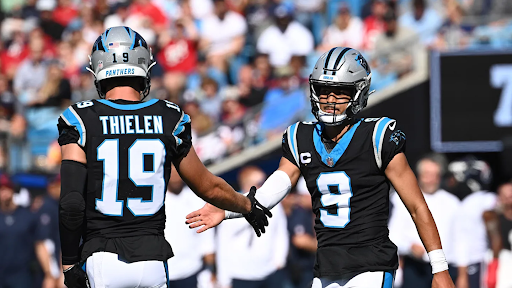On Feb. 15, U.S. national soccer player Robbie Rogers announced on his personal blog that he was gay. However, his next move would turn even more heads.
“Now is my time to step away,” said Rogers on his blog. “It’s time to discover myself away from (soccer).”
The ramifications of being openly homosexual in a competitive environment can lead to difficult situations. Athletes might feel pressured to quit the team if rumors about homosexuality become incessant.
Even at a place as accepting as Guilford, homophobia can go unnoticed in the world of athletics.
“We’re privileged to have a campus that is fairly accepting,” said sophomore lacrosse player Sam Cole. “I think that athletics is an area that still struggles regarding sexuality.
“There’s a sense that the people on your team should be your brothers and that they should be the people who are going to stand by you. Some people think that homosexuality is going to get in the way of that.”
“I’m aware that the football team had members leave,” said sophomore women’s rugby player Becca Bacewitz. “Football is stereotypically masculine, and I think they have some homophobia on their team.”
“(Homophobia is) certainly not on my team, and I wouldn’t be cool with it if I had heard about it,” said women’s lacrosse head coach Sarah Lamphier. “I haven’t heard about it on any other sports teams here.
“I would say that there are many women on my team who are out and they have been very accepted by their teammates.”
“(The women’s rugby team) gets a bad reputation … which is kind of annoying because we’re not all gay,” said sophomore rugby player AC Canup. “We joke around about it in a good way. We actually calculated the gayness of the rugby team, and it came out to about 34.5 percent.”
Cole cites the importance of support in creating a cohesive team.
“I think that (gay athletes) should be treated the same as we treat everybody else,” said Cole. “If there’s a guy who’s a great athlete and a good friend to everyone else who happened to be gay, I don’t think anyone would have a problem with that.”
However, Cole thinks it might destroy team chemistry if teammates are gay.
“I think that the negative effects wouldn’t come from them but would come from people’s negative stigma on them,” said Cole. “Where if people have strong feelings about homosexuality, they could possibly mess with the way the team works together and how cohesive they could be, but I think that’s similar to any situation where people will have strong opinions on the choices people make.”
There’s a growing feeling of acceptance among Guilford’s fan base.
“(An athlete being openly homosexual) would change my opinion in a positive light,” said first-year baseball fan Harrison Houlihan. “I would be very impressed that someone would be courageous enough to be openly homosexual.”
“You should treat people based on their talent, not their personal life,” said junior rugby fan Alex Morales.
Being homosexual in today’s society presents numerous obstacles. Affiliating yourself with a sports team complicates that situation even further. Not even the accepting halls of Guilford, committed to its core virtues, are safe from homophobia.
“When you get on a sports team, you’re always working toward a spot,” said junior football, rugby and track and field athlete C.J. Green. “Suppose you had a player who was the greatest running-back in the nation, but he was openly gay. Other players would probably crack on him and bring him down so they could go after his spot.”
Still, within Guilford athletic teams you may find support and approval.
“It doesn’t matter about your orientation or who you like or things like that, at the end of the day if you’re on a sports team with me, you’re part of my family,” said Green. “So I’ve got your back, and you’ve got my back.
“It doesn’t matter if you like boys, girls, dogs or cats. We’re still on the same page.”







Clare • Mar 4, 2013 at 11:07 pm
The Associated Press, The New York Times and The Washington Post all restrict usage of the term “homosexual” — a word whose clinical history and pejorative connotations are routinely exploited by anti-gay extremists to suggest that lesbians and gay men are somehow diseased or psychologically/emotionally disordered, and which, as The Washington Post notes, “can be seen as a slur.” AP and New York Times editors also have instituted rules against the use of inaccurate terminology such as “sexual preference” and “gay lifestyle.”
http://www.glaad.org/reference/style